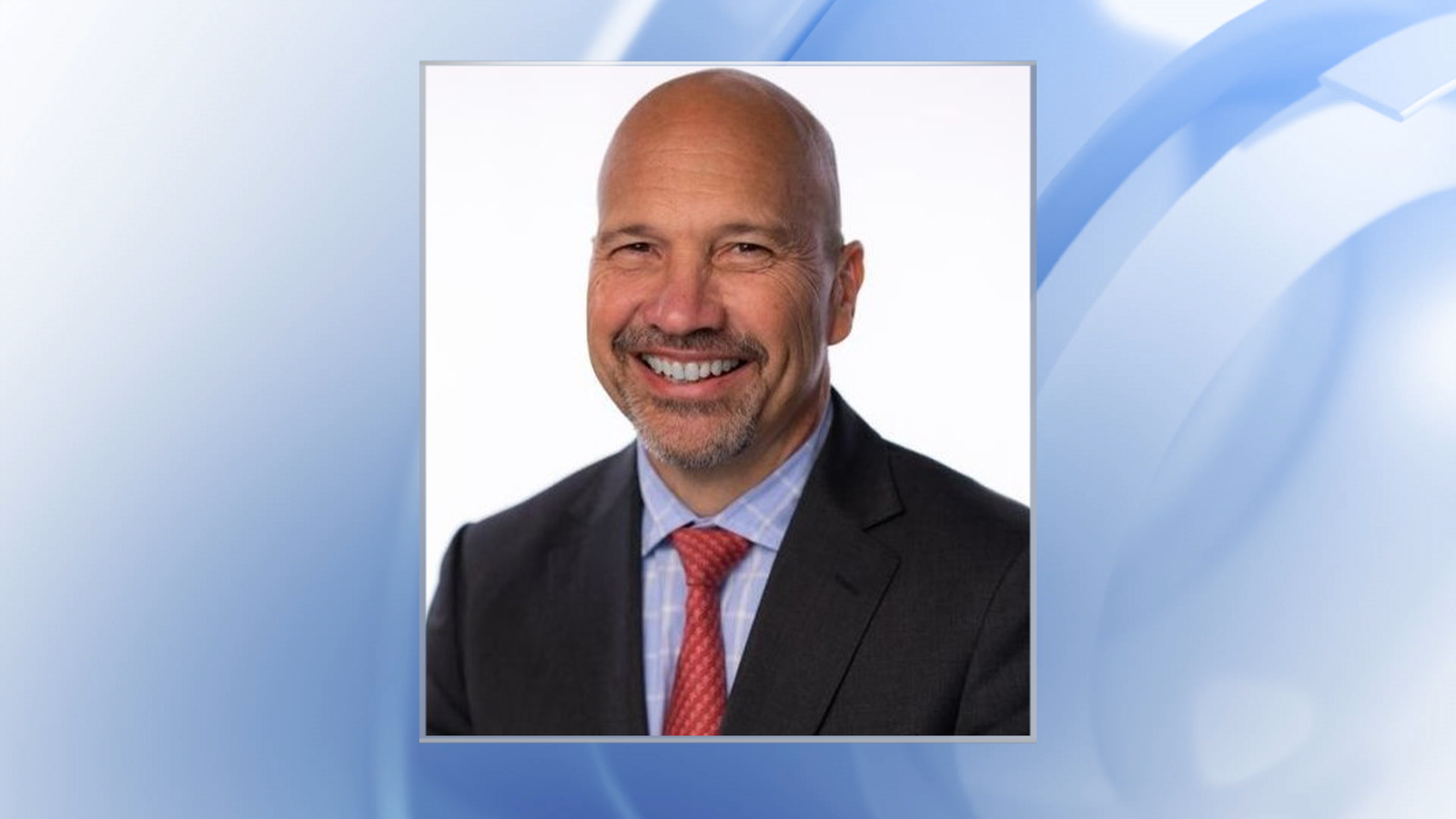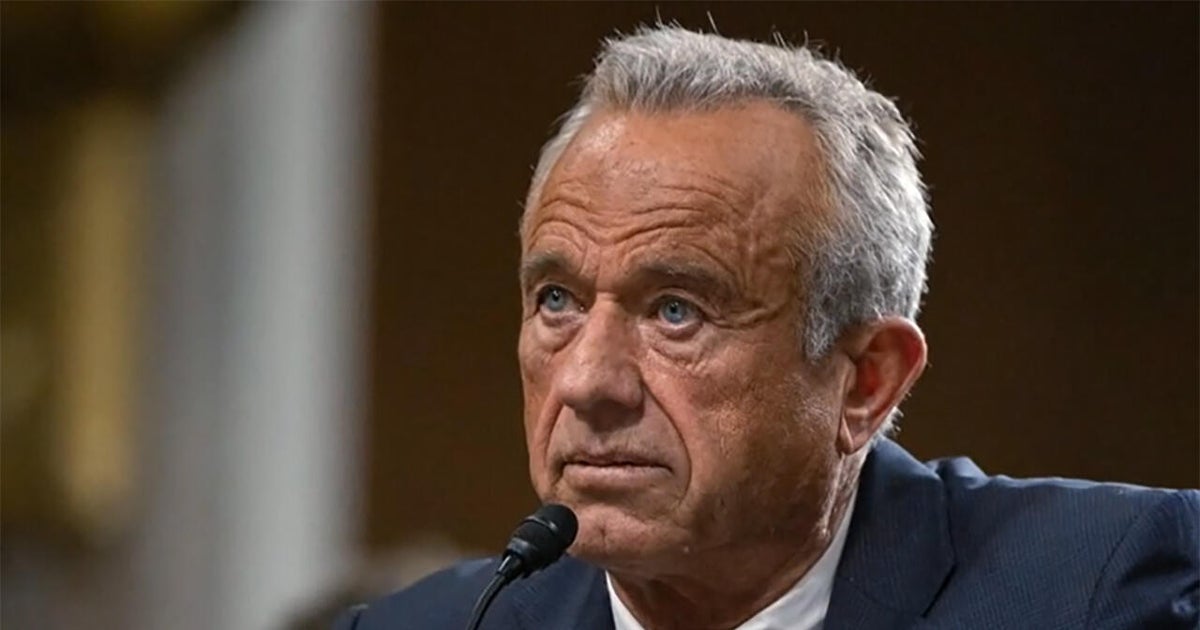Leadership Shake-Up: Duke Health CEO Steps Down Amid Funding Controversy with Trump Administration

In a significant leadership transition, Duke University Health System (DUHS) announced that Dr. Craig Albanese will be stepping down from his role as CEO on September 30th. Dr. Albanese, who has been at the helm of the health system since early 2023, will conclude his brief tenure with the organization.
The leadership change comes as part of the health system's ongoing strategic planning and organizational development. While details about Dr. Albanese's future plans or the reasons for his departure were not immediately disclosed, the announcement signals a potential shift in DUHS's executive direction.
As the health system prepares for this transition, stakeholders and healthcare professionals will be watching closely to see who will be selected to lead Duke University Health System into its next chapter.








